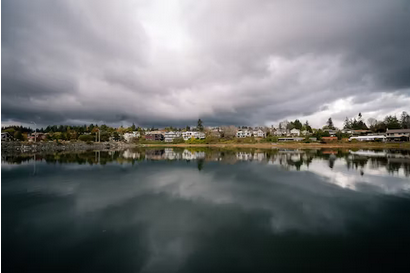How can an American buy a house in Canada?

Buying a house in Canada as an American can be a straightforward process, but there are certain rules, regulations, and considerations to keep in mind. Here’s a step-by-step guide to help you navigate the process:
Determine Your Eligibility
Check your eligibility to buy property in Canada. Generally, there are no restrictions on foreign ownership of real estate in Canada, including for Americans. However, there may be specific provincial regulations or taxes to be aware of.
Choose Your Location
Decide where in Canada you want to buy property. Different provinces and cities have varying real estate markets, property taxes, and costs of living.
Seek Legal and Financial Advice
Consult with a Canadian attorney who specializes in real estate law to understand the legalities and obligations of buying property in Canada.
Talk to a financial advisor or accountant to address currency exchange, tax implications, and financing options.
Secure Financing
Determine how you’ll finance the property purchase. American buyers can often obtain financing from U.S. banks or Canadian financial institutions.
Research the Real Estate Market
Research the Canadian real estate market in your chosen location. Understand property values, market trends, and the types of properties available.
Hire a Real Estate Agent
Engage a local real estate agent who is familiar with the area and can help you find properties that meet your criteria.

Property Viewing and Inspection
Visit the properties you’re interested in, either in person or virtually, and conduct inspections to ensure they meet your needs and are in good condition.
Make an Offer
Once you’ve found a property, work with your real estate agent to make an offer. Negotiate the price and terms of the sale with the seller.
Secure a Mortgage
If you’re financing the purchase, secure a mortgage from a Canadian or U.S. lender. The mortgage process in Canada may differ from what you’re familiar with in the U.S.
Due Diligence and Closing
Perform due diligence, which may include property appraisals, title searches, and inspections.
Complete the necessary legal paperwork, which will include the transfer of title and the payment of taxes and fees.
Ensure you have the necessary funds, including closing costs and taxes, readily available for the closing.
Register the Property
After closing, the property will be registered in your name with the local land registry office.
Property Taxes and Ongoing Costs:
Be aware of your ongoing financial obligations, including property taxes, insurance, maintenance, and any applicable homeowner association fees.
Consider Currency Exchange
If you’re transferring funds from the U.S. to Canada, consider using a currency exchange service to minimize the impact of exchange rate fluctuations.
Consult a Tax Advisor
Consult with a tax advisor or accountant to understand your tax obligations in both the U.S. and Canada, as they can vary depending on your individual circumstances.
Familiarize Yourself with Canadian Laws
Take the time to familiarize yourself with Canadian real estate laws, including any provincial or municipal regulations that may apply.
Keep in mind that the process of buying property in Canada can vary by province, so it’s essential to research and follow the specific requirements and regulations in the area where you plan to purchase.
Working with knowledgeable professionals, such as a real estate agent, attorney, and financial advisor, will help streamline the process and ensure that you comply with all legal and financial obligations.
